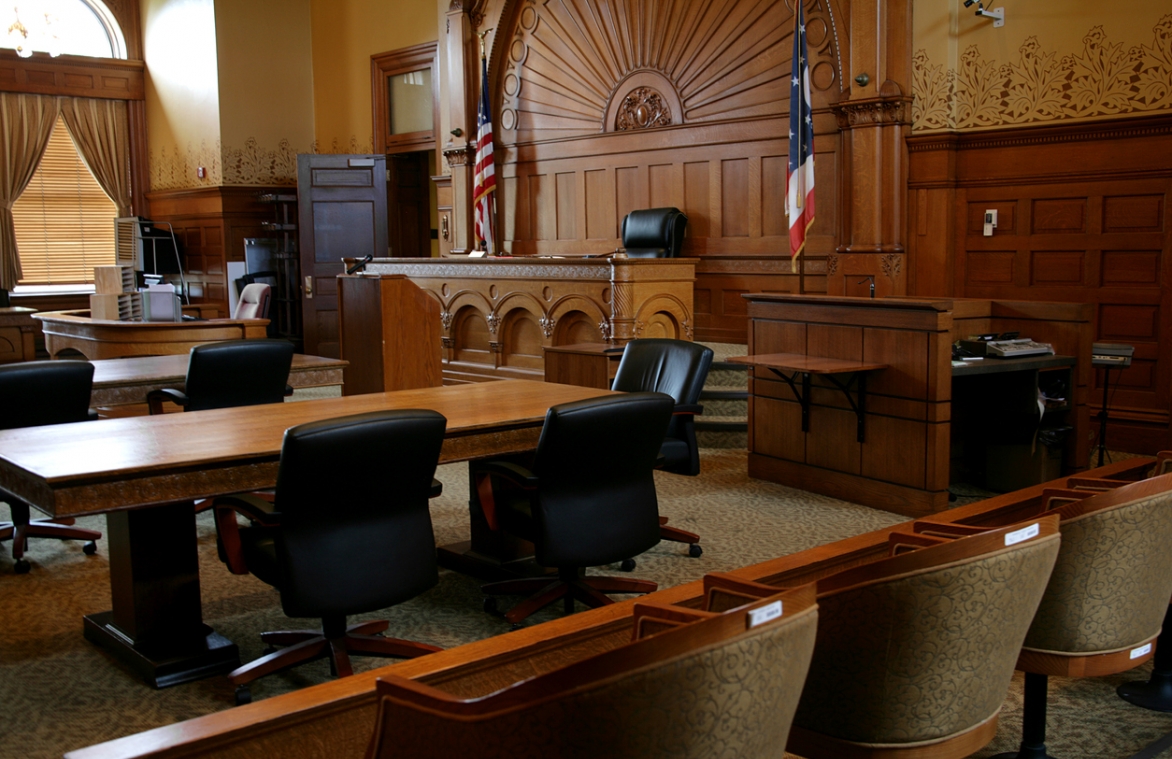A federal appeals court recently struck a blow in favor of academic freedom and the First Amendment when it ruled that a Supreme Court decision on public employee free-speech rights has no application in the university classroom.
The 6th U.S. Circuit Court of Appeals reached this result March 26 in Meriwether v. Hartop, a case involving a Shawnee State University professor who refused to call a transgender student by the student’s preferred pronoun.
Political-philosophy professor Nicholas K. Meriwether sued his university for violating his First Amendment free-speech and religious-liberty rights when they issued him a written reprimand and investigated him for not using the pronoun.
Whether Professor Meriwether acted appropriately is one question. But the reason this case is important for First Amendment purposes goes far beyond Meriwether’s conduct. Shawnee State, a public university in Portsmouth, Ohio, argued that Meriwether in the context of his university employment had no First Amendment rights at all, because his classroom speech by definition was official, job-duty speech within the meaning of Garcetti v. Ceballos (2006).
In Garcetti, the U.S. Supreme Court ruled that an assistant district attorney did not have a First Amendment right to write a memorandum criticizing his office’s handling of a case and recommending dismissal of criminal charges for a defendant. The Court in Garcetti created a breathtakingly broad categorical rule – “when public employees make statements pursuant to their official duties, the employees are not speaking as citizens for First Amendment purposes, and the Constitution does not insulate their communications from employer discipline.”
The decision in Garcetti has ended many public employee free-speech claims. Countless public employees have been “Garcettized.” Here are a couple of examples:
- Former sheriff’s deputy ‘Garcettized’ – loses free-speech appeal
- Another public employee ‘Garcettized’ in Chicago cop case
In Garcetti itself, Justice Anthony Kennedy, who wrote the Court’s majority opinion, and his colleague in dissent, Justice David Souter, sparred over whether Garcetti should apply in the college and university environment when it comes to teaching and scholarship. Souter wrote that “I have to hope that today’s majority does not mean to imperil First Amendment protection of academic freedom in public colleges and universities, whose teachers necessarily speak and write ‘pursuant to … official duties.’”
Souter recognized that in the university context, there must be a healthy protection of academic freedom, something the Supreme Court years earlier wrote was of “transcendent value.”
Fortunately, the 6th Circuit in its Meriwether ruling agreed with Souter that Garcetti has no place in the university classroom context.
The 6th Circuit explained: “Simply put, professors at public universities retain First Amendment protections at least when engaged in core academic functions, such as teaching and scholarship.” The 6th Circuit also warned that if Garcetti applied to professors, then the university would have “power to compel ideological conformity.” The ruling allows the professor’s First Amendment lawsuit against Shawnee State to proceed.
Garcetti is a terrible decision that should be overruled. But failing that, it certainly should not apply to cases involving academic freedom and professorial speech.
David L. Hudson Jr. is a professor at Belmont University College of Law who writes and speaks regularly on First Amendment issues. He is the author of Let the Students Speak: A History of the Fight for Free Expression in American Schools (Beacon Press, 2011), and of First Amendment: Freedom of Speech(2012). Hudson is also the author of a 12-part lecture series, Freedom of Speech: Understanding the First Amendment (2018), and a 24-part lecture series, The American Constitution 101 (2019).
The Free Speech Center newsletter offers a digest of First Amendment and news media-related news every other week. Subscribe for free here: https://bit.ly/3kG9uiJ

